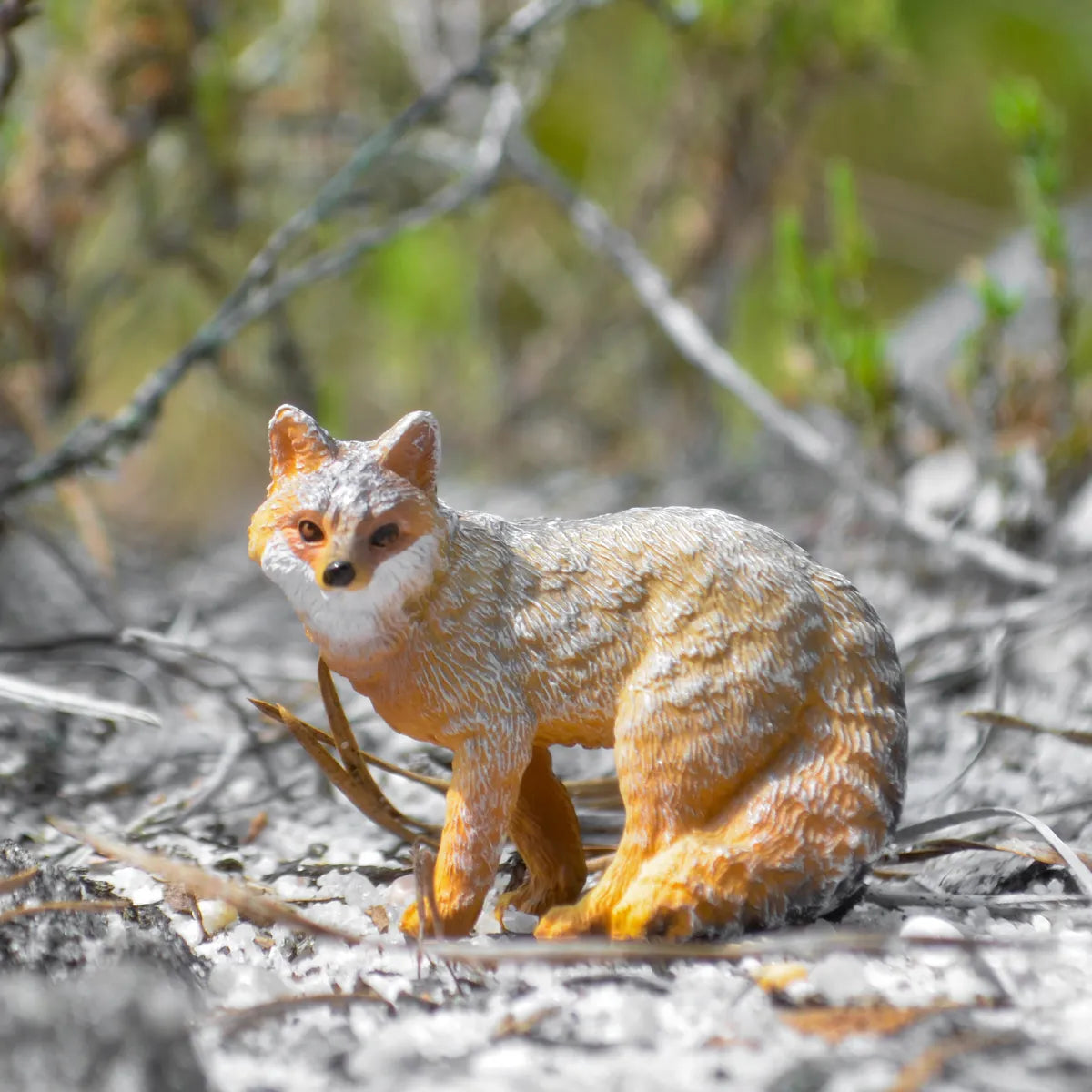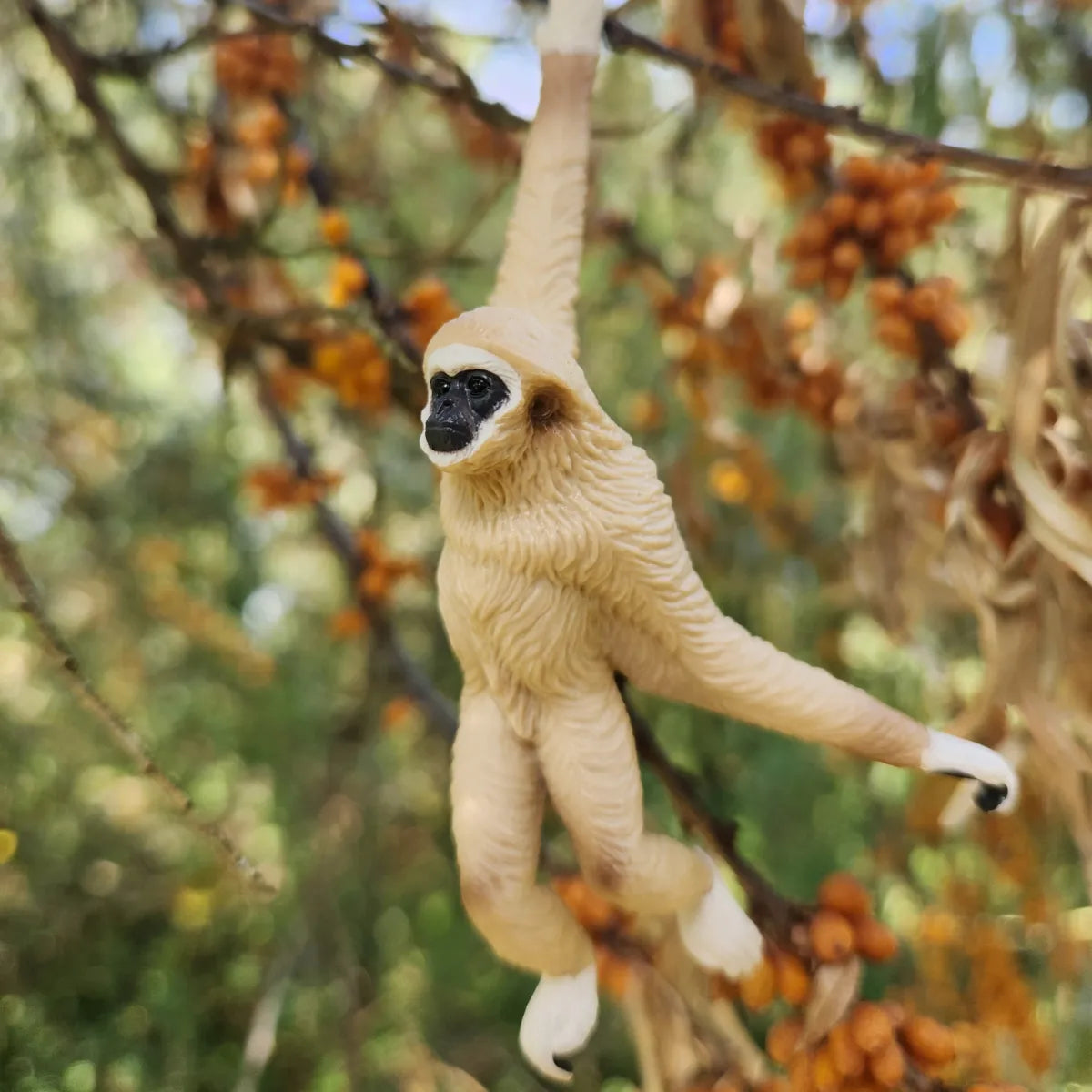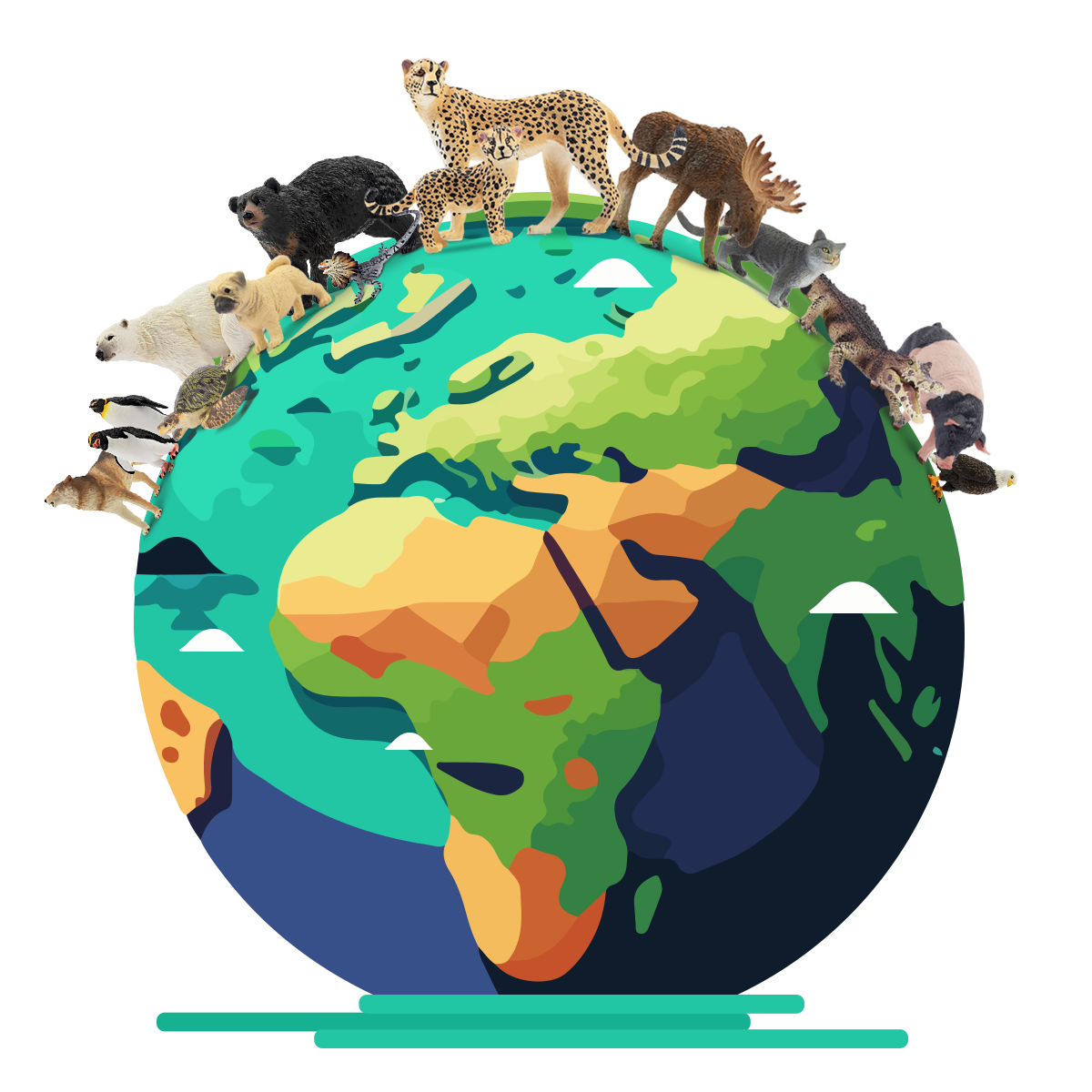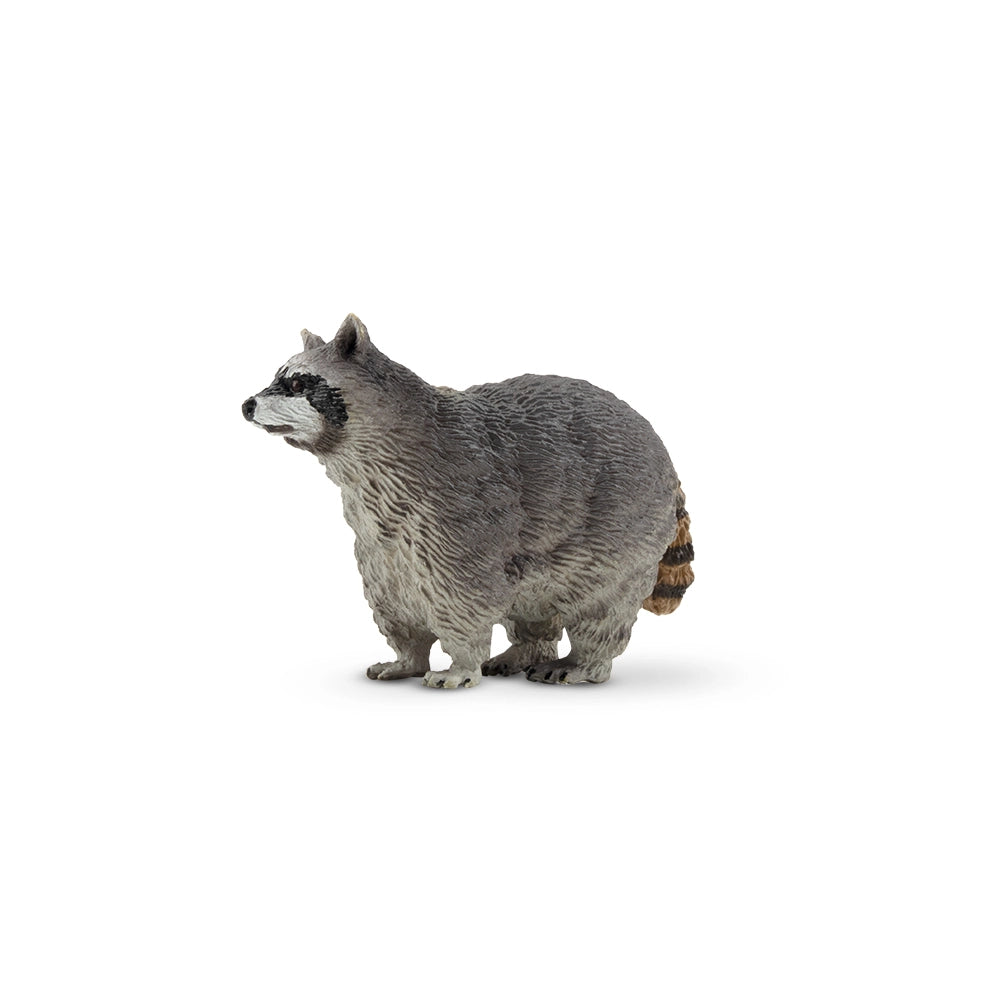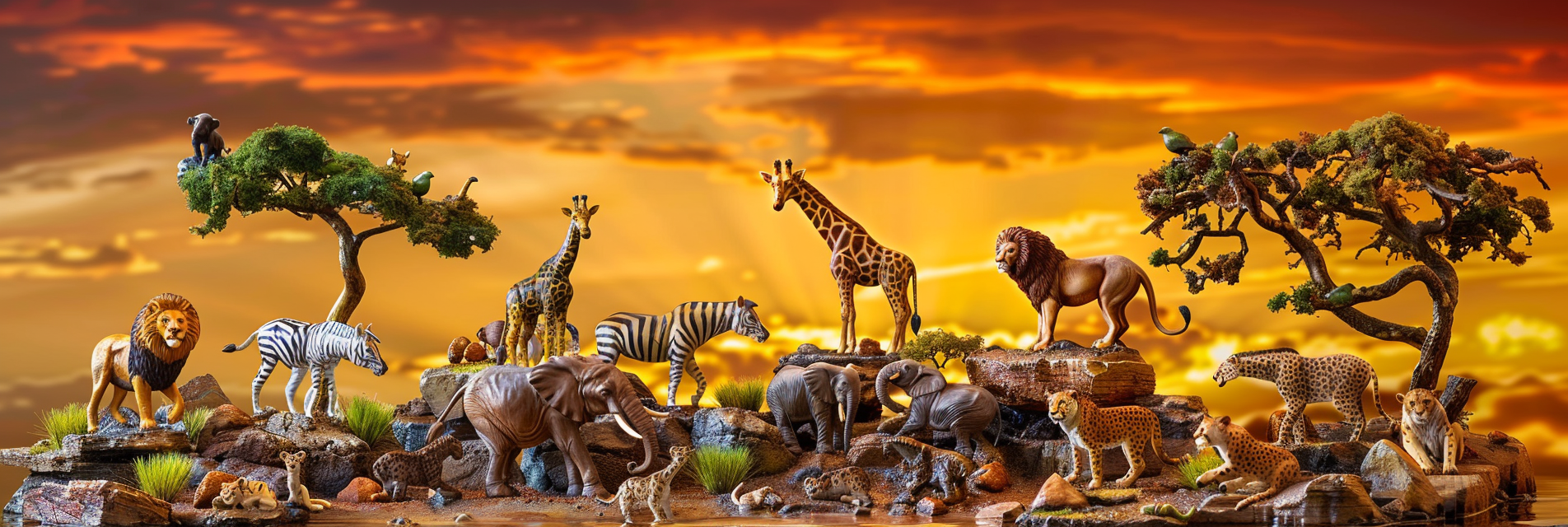
Raccoon
The Raccoon (Procyon lotor), often simply referred to as the raccoon, is a medium-sized mammal native to North America but has also been introduced to parts of Europe and Asia. Known for its distinctive black "mask" over the eyes and ringed tail, the raccoon is a versatile and adaptive creature that has thrived in both wild and urban environments.
Scientific Name
Procyon lotor
Behavior
Raccoons are highly adaptable and intelligent, with dexterous front paws that allow them to open latches, turn doorknobs, and manipulate objects with a surprising degree of skill. They are omnivorous, with a diet that includes fruits, nuts, insects, eggs, and small animals, but they are also known to forage in trash cans and dumpsters in urban areas. Raccoons are primarily nocturnal and are excellent climbers, often denning in trees, abandoned burrows, or even attics and chimneys in human-occupied areas.
Breeding
Raccoons typically breed once a year, with mating occurring in late winter. After a gestation period of about 65 days, females give birth to a litter of two to five kits. The young are born blind and helpless but develop quickly, becoming independent after several months. The mother is solely responsible for the care and protection of her kits, teaching them to forage and hunt as they grow.
Characteristics
Adult raccoons weigh between 5 to 20 pounds (2.3 to 9 kg), with some individuals growing larger, especially in areas with abundant food sources. Their fur is dense and insulating, providing protection from cold weather, with coloration that ranges from gray to brown. Raccoons have a keen sense of touch and an excellent memory, which aids in their foraging activities.
History
Raccoons have played a significant role in the folklore and mythology of various Indigenous peoples in North America, often depicted as tricksters or as symbols of dexterity and curiosity. With European colonization and the expansion of urban environments, raccoons have expanded their range and increased in number, taking advantage of the new food sources and habitats created by humans.
Current Status
The raccoon is classified as Least Concern by the International Union for Conservation of Nature (IUCN), reflecting its wide distribution and large, stable population. However, raccoons can sometimes be considered pests due to their habit of raiding garbage and causing property damage in search of food. They are also carriers of various diseases, including rabies, which can pose risks to human and pet populations. Conservation and management efforts for raccoons focus on population control in urban areas, public education on minimizing human-wildlife conflicts, and research into disease prevention and management.


